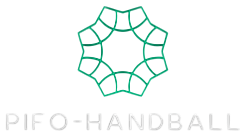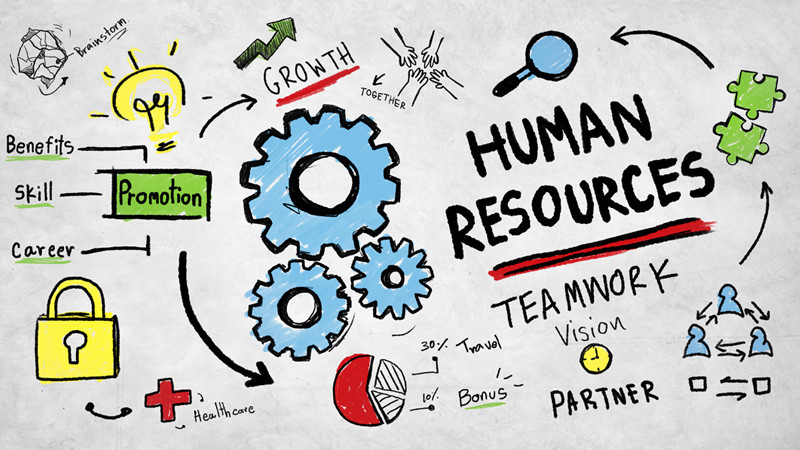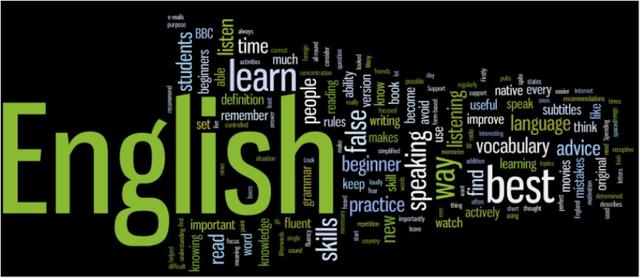In Singapore’s dynamic and competitive job market, Human Resources (HR) professionals play a crucial role in shaping organizational culture, driving employee engagement, and ensuring compliance with employment laws. To excel in this field, HR professionals must possess a diverse set of skills tailored to the unique challenges of the Singaporean business environment. Here are some essential skills for human resources singapore:
1. Understanding of Employment Laws and Regulations
Singapore’s HR landscape is governed by a comprehensive set of employment laws and regulations, including the Employment Act, the Industrial Relations Act, and various other legislations. The human resources singaporemust have a solid grasp of these laws to ensure that their organizations remain compliant and to mitigate legal risks. This includes knowledge of employee rights, work pass regulations, and mandatory contributions like the Central Provident Fund (CPF).
2. Strategic Thinking and Planning
In a rapidly evolving business environment, HR professionals must be able to align human resources strategies with overall business goals. Strategic thinking involves anticipating future HR needs, planning for workforce development, and implementing policies that support the organization’s long-term objectives. This skill is crucial for driving organizational change and fostering a culture of continuous improvement.
3. Talent Acquisition and Management
Attracting and retaining top talent is a fundamental aspect of HR. Professionals in this field need to master effective recruitment strategies, including creating compelling job descriptions, leveraging various recruitment channels, and conducting interviews that identify the best candidates. Additionally, they should be adept at managing talent through performance appraisals, career development, and succession planning.

4. Employee Relations and Conflict Resolution
Maintaining positive employee relations is key to a harmonious workplace. HR professionals must possess strong interpersonal skills to address employee grievances, mediate conflicts, and manage workplace dynamics. Effective conflict resolution helps in maintaining a productive work environment and enhancing employee satisfaction and retention.
5. Compensation and Benefits Management
Designing and managing competitive compensation and benefits packages is essential for attracting and retaining talent. HR professionals should have expertise in structuring salaries, bonuses, and benefits that comply with Singapore’s regulations and meet market standards. This includes understanding job market trends and benchmarking compensation practices to ensure fairness and competitiveness.
6. Data-Driven Decision Making
With the increasing use of HR technology and data analytics, HR professionals must be proficient in using data to inform decision-making. This involves analyzing employee data to identify trends, measure HR effectiveness, and support evidence-based strategies. Familiarity with HR software systems and data privacy regulations is also important for managing sensitive information.





